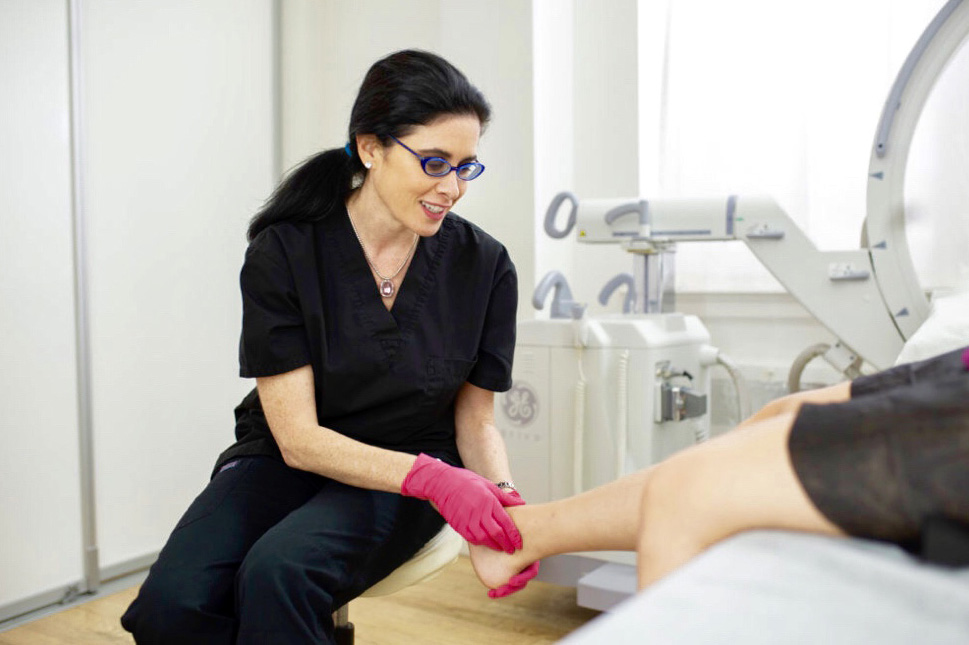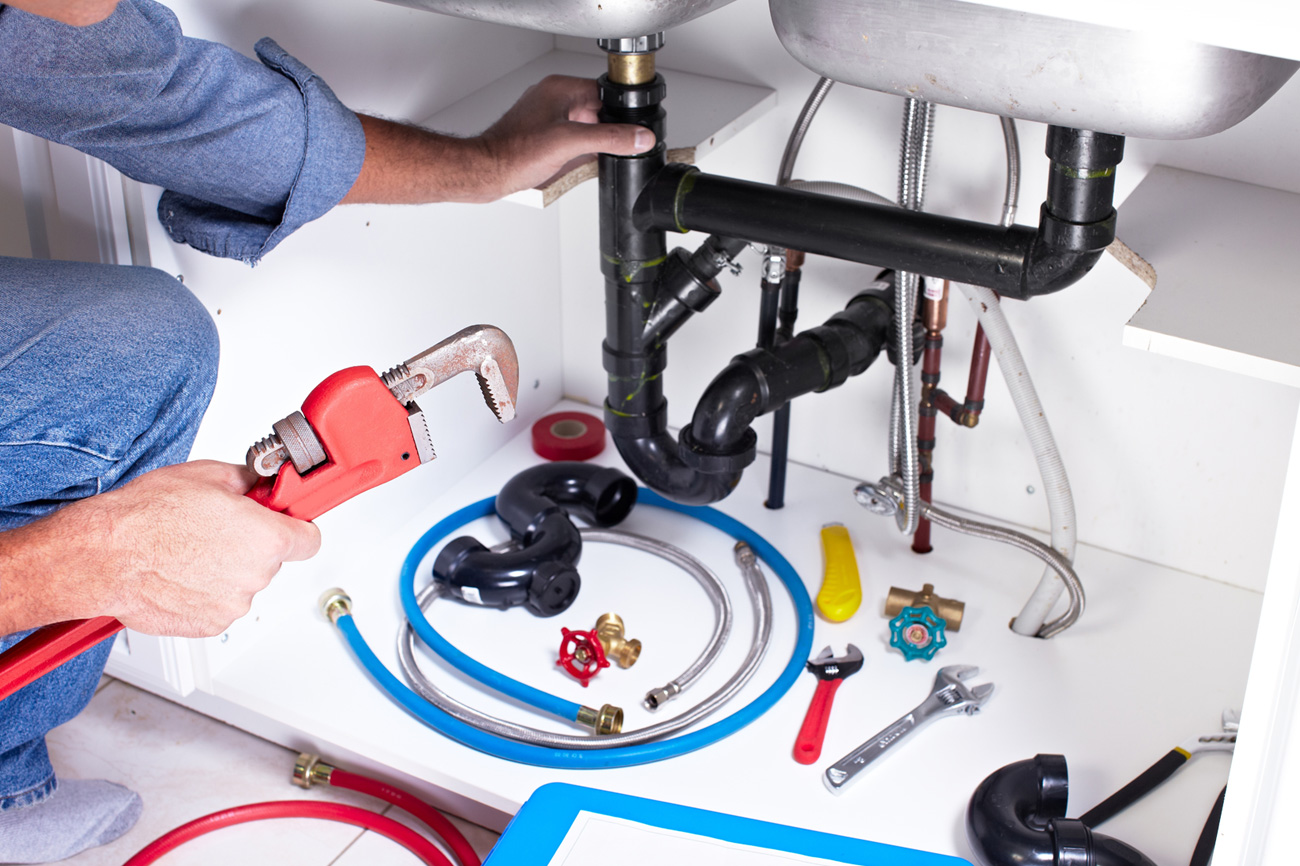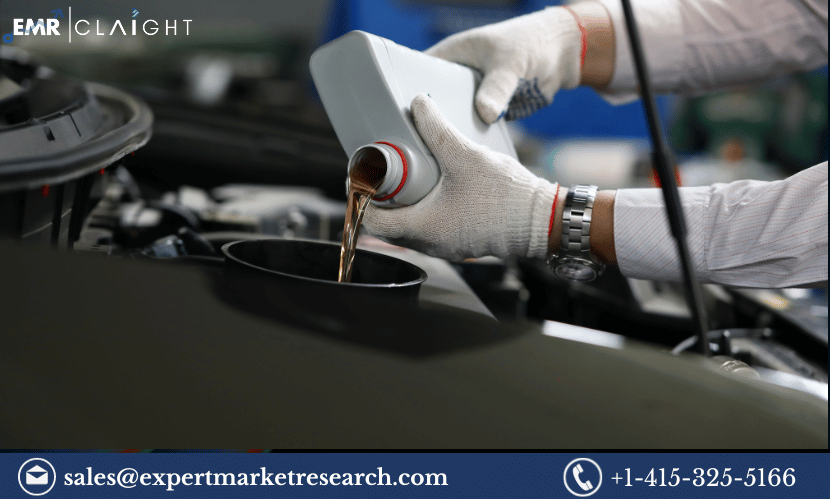Varicose veins affect millions worldwide, causing discomfort and aesthetic concerns. Knowing when to consult a vascular doctor and exploring treatment options is crucial for managing this condition effectively.
When To See A Vascular Doctor
Do you notice bulging veins, swelling, or aching in your legs? If so, it might be time to schedule an appointment with a vascular doctor. Understanding the signs and symptoms helps in timely intervention.
Risk Factors And Importance Of Early Intervention
Certain factors, such as genetics, age, obesity, and prolonged standing, increase the likelihood of varicose veins. Seeking medical advice early can prevent complications and provide suitable treatment options.
Consultation And Diagnosis The Role Of A Vascular Doctor: What To Expect
During your visit, the vascular doctor conducts a thorough examination, possibly including ultrasound imaging, to diagnose the severity and determine the best course of action.
What Are The Treatment Options For Varicose Veins
For mild cases, lifestyle adjustments like exercise, elevation, and wearing compression stockings may suffice. These changes can alleviate symptoms and slow the progression of varicose veins.
Minimally Invasive Procedures: Endovenous Laser Ablation And Sclerotherapy
In more severe instances, procedures like endovenous laser ablation or sclerotherapy are effective. These minimally invasive treatments target affected veins, sealing them off or causing them to collapse and fade away.
Surgical Interventions: Vein Stripping And Ambulatory Phlebectomy
For advanced cases, surgical interventions like vein stripping or ambulatory phlebectomy might be recommended. These procedures involve the removal or closure of affected veins through small incisions.
Post-Treatment Care And Recovery Understanding Recovery: What To Expect After Varicose Vein Treatments
Post-procedure, following the doctor’s instructions is vital for a successful recovery. Patients often experience minimal discomfort and are encouraged to resume normal activities gradually.
Preventive Measures And Lifestyle Changes Maintaining Vascular Health: Tips For Preventing Varicose Veins
Adopting a healthy lifestyle, including regular exercise, weight management, and avoiding prolonged standing or sitting, can reduce the risk of developing varicose veins.
Conclusion Empowering Yourself: Taking Charge Of Varicose Vein Management
Recognizing the signs of varicose veins and understanding the available treatment options empowers individuals to take proactive steps towards managing this common vascular issue. Consulting a vascular doctor at the right time and exploring appropriate interventions can significantly improve quality of life.




